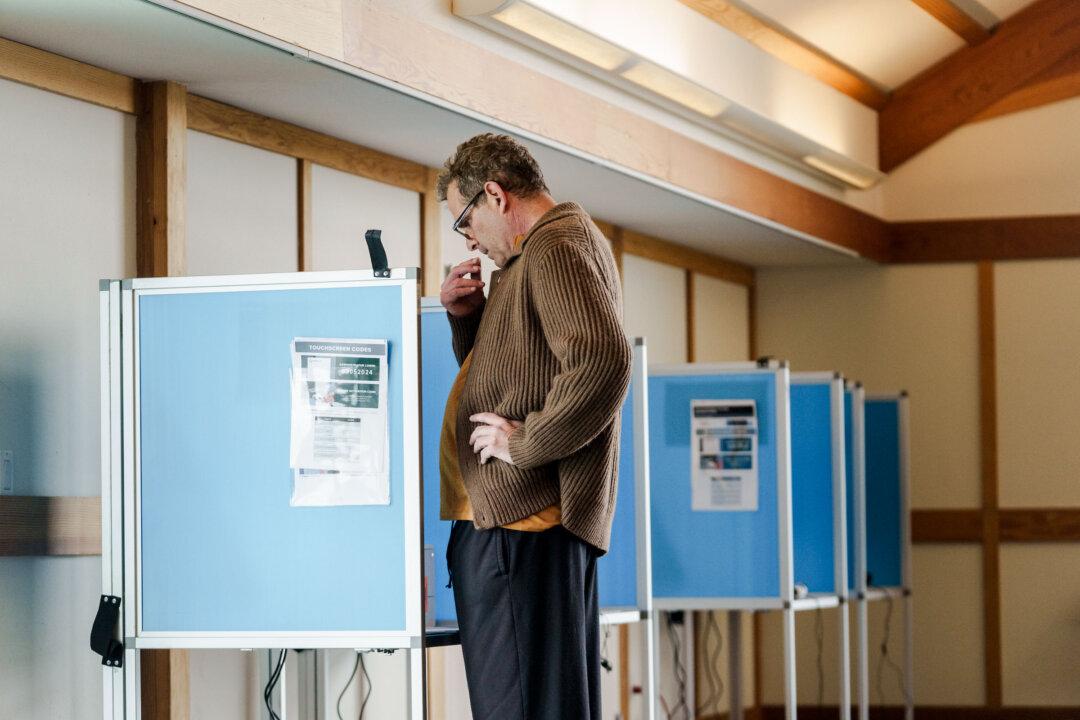Though seen by many as a deep blue state sporting a Democrat trifecta—with the governor’s office and both legislative chambers controlled by the party with supermajority margins—California has millions of Republicans and independent voters who could determine the balance of power in Congress in November.
Republicans control the House with a slim eight-seat majority, thanks in part to some California seats flipping from blue to red in 2022.





